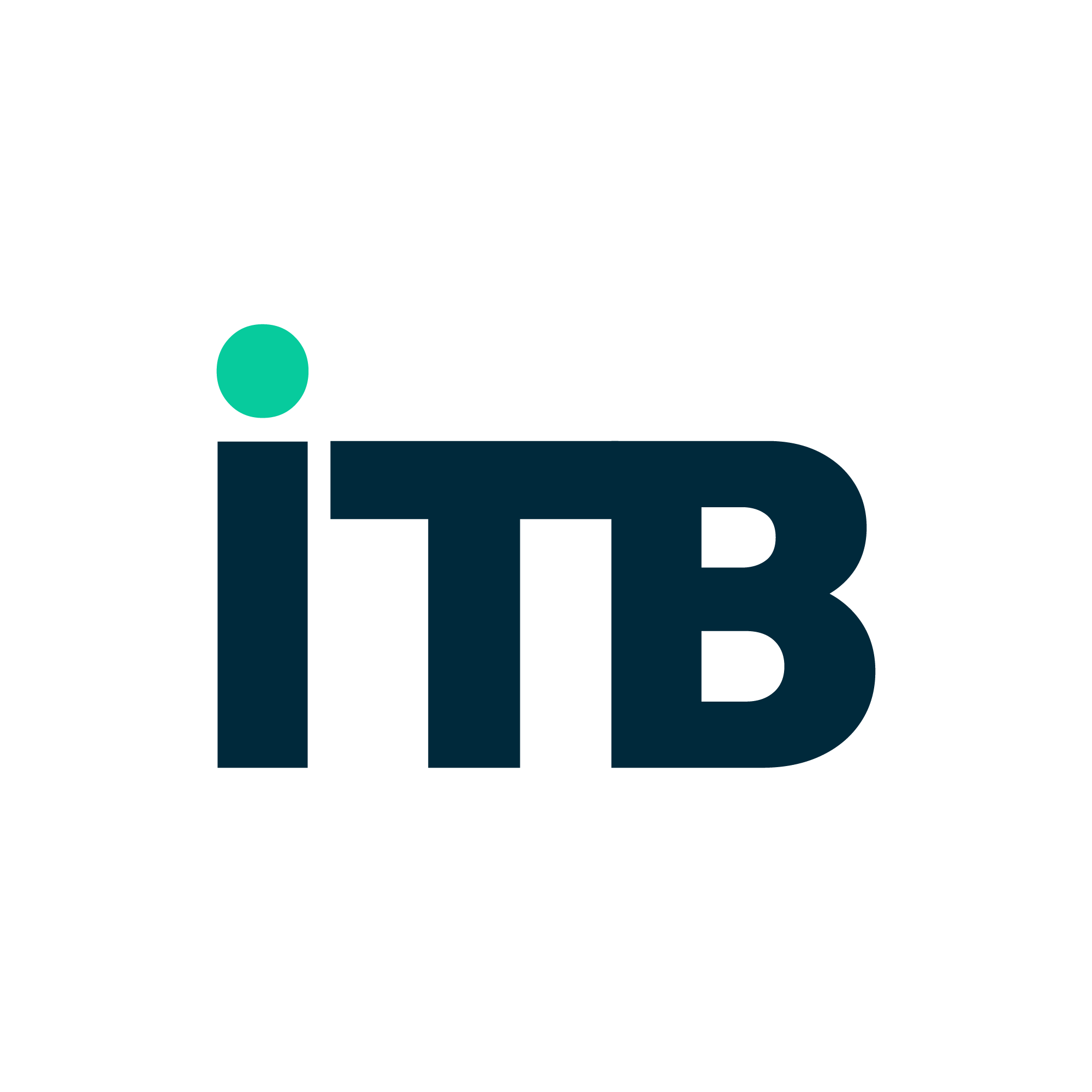Once upon a time, learning happened in rows of wooden desks, chalk-smeared blackboards, and the ringing of a school bell.
Fast-forward to today, and it’s happening on screens, across time zones, in real-time — all thanks to Information Technology (IT).
Modern learning isn’t confined to a physical classroom anymore. It’s fluid, digital, and cloud-powered. And at the center of it all? IT infrastructure quietly enabling the biggest education shift of our generation.

Why Classrooms Aren’t Enough Anymore
Traditional classrooms, while foundational, came with limits:
Fixed schedules
Uniform pace
Physical presence required
Limited access to resources
But education shouldn’t be one-size-fits-all. Enter the cloud-powered classroom — scalable, accessible, and endlessly adaptable.
IT: The Unsung Hero of Education’s Evolution
We talk a lot about EdTech platforms, online learning, and smart content. But behind every virtual lesson and digital quiz is a network of IT systems working seamlessly.
Here’s what IT brings to modern learning:
Cloud Infrastructure: Platforms like Google Classroom, Moodle, and Microsoft Teams are hosted on scalable cloud environments, thanks to robust IT planning.
Data Security: IT protects sensitive student data, monitors usage, and ensures compliance with regulations like GDPR and FERPA.
Network Connectivity: Remote learning would collapse without IT teams managing uptime, server loads, and bandwidth across campuses and devices.
⚙️ System Integration: From LMS to CRMs to analytics dashboards — IT ensures they all talk to each other without glitching.
How the Cloud Has Transformed Learning
The cloud didn’t just digitize classrooms — it reimagined the entire learning model.
1. Anytime, Anywhere Learning
Students no longer miss out due to illness, travel, or lack of physical resources. Cloud platforms allow lessons, tests, and discussions from anywhere.
2. Personalized Education
Cloud-connected AI tools analyze student behavior and adapt the curriculum — offering extra help where needed or letting advanced learners move ahead.
3. Seamless Collaboration
Shared docs, real-time quizzes, group video sessions — all enabled by cloud-based collaboration tools, maintained by IT systems in the background.
4. Cost Efficiency
Instead of expensive hardware upgrades, schools and universities can scale server usage, storage, and learning tools via cloud subscriptions.
A Day in the Life of a Cloud-Connected Student
8:00 AM – Logs into a virtual classroom
10:00 AM – Watches an AI-powered recap of yesterday’s lesson
12:00 PM – Joins a global peer group for a group project on Google Docs
3:00 PM – Takes a live quiz that adjusts difficulty in real-time
6:00 PM – Reviews analytics to see which concepts need more practice
This isn’t futuristic. It’s already happening — and IT makes it all possible.
The Challenges IT Continues to Solve
Modern learning isn’t without hurdles:
Digital Divide: Not every student has equal access to devices or internet.
Cybersecurity: With more data online, protecting it is a full-time job.
Teacher Training: Tools are only effective when educators know how to use them.
But here’s the good news: IT isn’t just fixing these problems — it’s future-proofing education through scalable solutions and ongoing innovation.
Looking Ahead: What’s Next for IT in Education?
5G-powered real-time learning in remote areas
AI tutors personalized to every student
Blockchain-based credentials for global recognition
AR/VR experiences streamed directly from the cloud
And beneath it all, IT will continue to be the backbone, building, securing, and evolving the infrastructure for future-ready learning.
IT Isn’t Just Supporting Education — It’s Shaping It
From classroom chalk to cloud-based classrooms, we’ve come a long way. And IT is the reason we didn’t just survive that shift — we evolved through it.
Because in today’s world, learning doesn’t stop at the classroom door. It travels with the learner — powered by the cloud, guided by IT, and tailored for the future.




